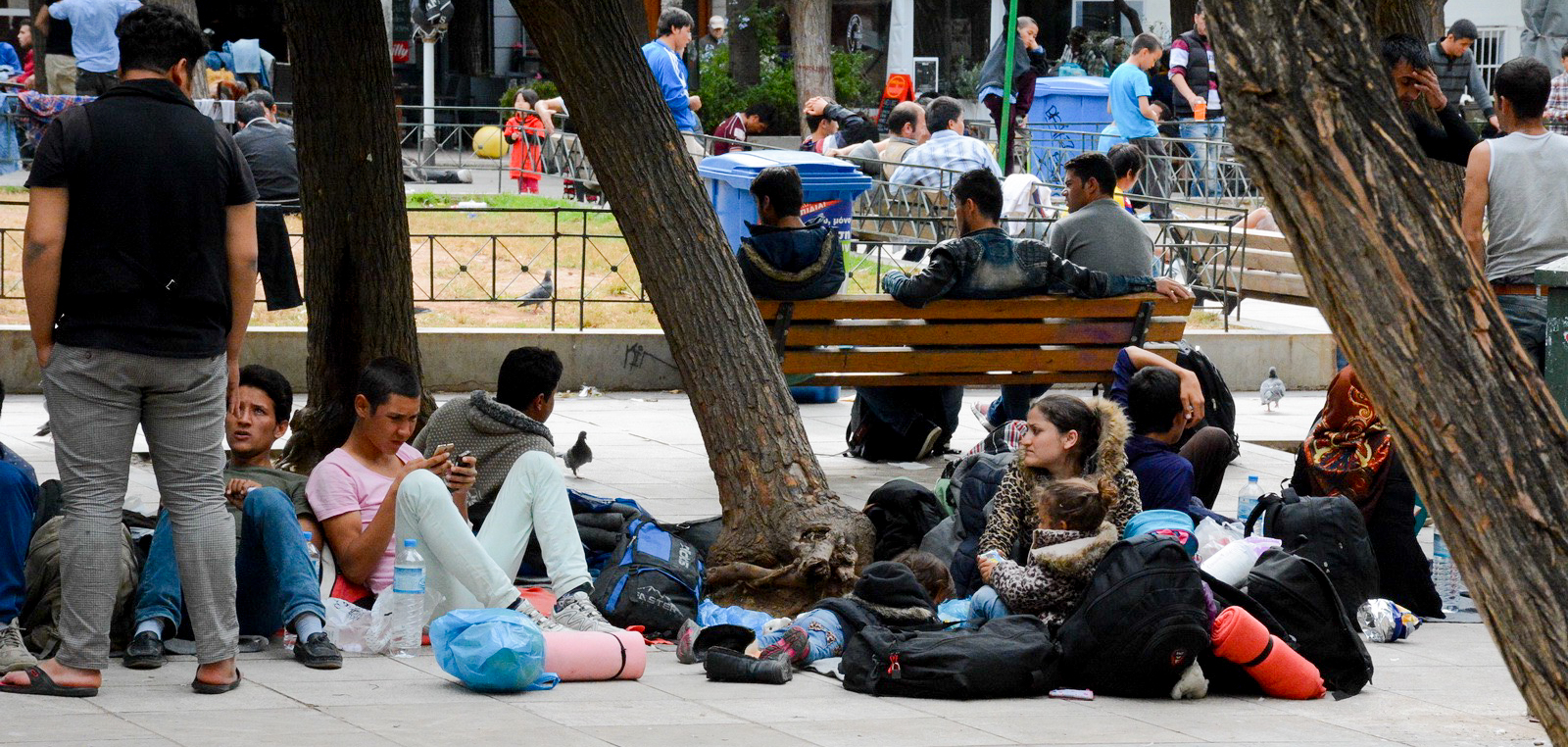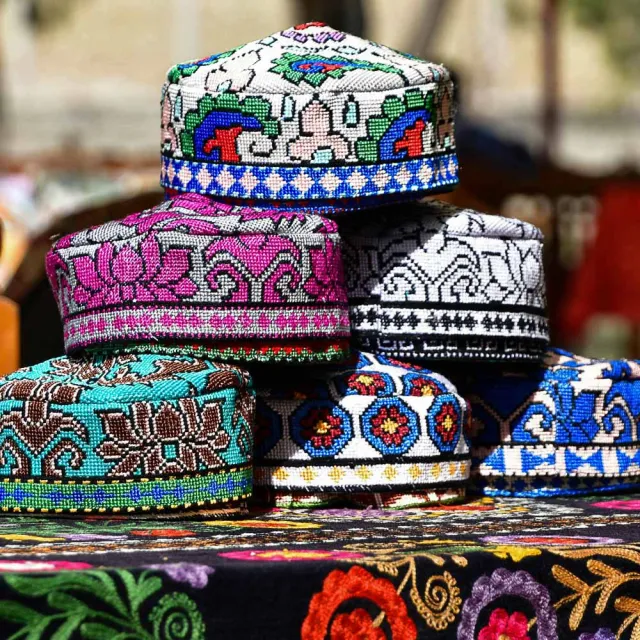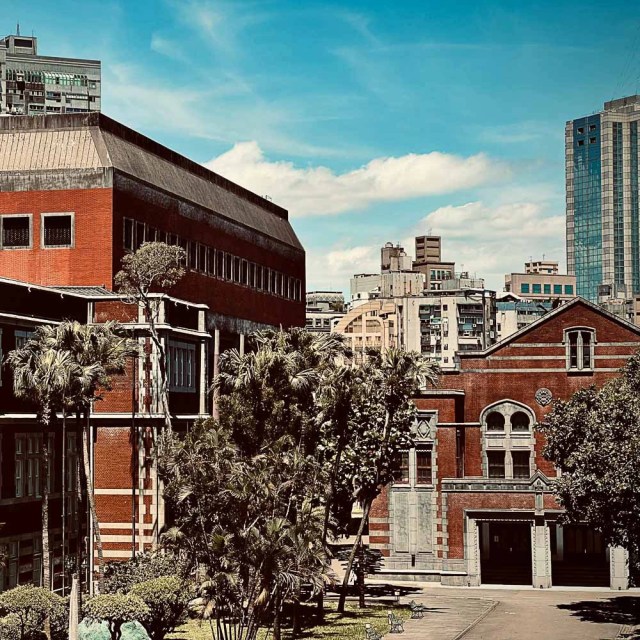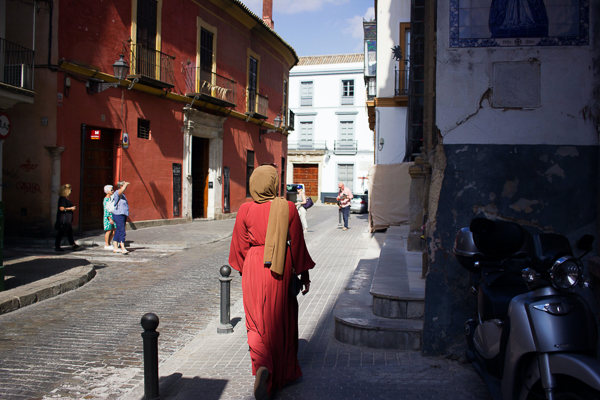Why We Should Love Muslim Refugees

Friday, January 8 was the 60th anniversary of the day five missionaries were slain in Ecuador by the tribe they were trying to reach. As a missionary kid born in Ecuador, I have a personal connection to the story because one of their widows became a surrogate grandmother to me as a young girl. Their story has been well documented, both in the press at the time of their death, and in books and media since (Through Gates of Splendor, End of the Spear). The reason the story continues to circulate is not because of the shocking nature of the death at the hands of natives the very moment the missionaries attempted to make contact in person, but because of what happened in the years following as a widow, a sister, and later a son of the slain missionaries began to live with that same tribe in the same jungle, eventually winning most of them to Christ. Steve Saint, who was only four at the time of his father’s murder, says he grew up in wonder at how much his parents must have loved the Waodani people. Not only because his father was willing to give up his life to reach them, but also because he heard his mom praying for the people every night after his death.
As I pondered this story of enemy-loving missionaries on its 60th anniversary, I couldn’t help but see an opportunity to examine my own heart. I have been grieved to read comments on social media and in the headlines suggesting we should reject certain potentially dangerous refugees because they may intend to do us harm. To me this is our Good Samaritan moment as the Church. Yet if I’m honest, my own heart probably has more fear than love for Muslim people.
In many states, including my own, governors have stood in the way of providing food stamps to the newly-arriving Syrians. Syrians arriving in the United States have been warned they might not be warmly received. In contrast to our own country’s response to the crisis, Canadian Prime Minister Trudeau has personally welcomed newly-arriving Syrians at the airport, and there is a grass-roots effort there to knit 25,000 “toques” (hats)—one for each refugee, with a message of welcome from the knitter. Might an enemy be less likely to attack after receiving this type of loving welcome?
MTW’s national partner whose churches are currently ministering to refugees in his “backyard” in Athens, Greece, has written about distributing bags of essential items and food. Many refugees, upon receiving a toothbrush and toothpaste, immediate begin brushing their teeth. He writes that amidst this new ministry opportunity Leviticus 19:33–34 has caught his attention: “When a stranger sojourns with you (singular) in your (plural) land, you (plural) shall not do him wrong. You (plural) shall treat the stranger who sojourns with you (plural) as the native among you (plural), and you (singular) shall love him as yourself (singular), for you (plural) were strangers in the land of Egypt: I am the Lord your God.”
What is the antidote to the fear in my own heart? It seems 1 John 4:18 may have an answer. Love. Become an enemy lover. Become a lover of the lost, the alien, the poor. Refugees fit all three categories. Because God is love, there is hope for my fearful heart.
MTW has missionaries serving newly-arriving refugees both in Europe and in the U.S. One of them serving here in the U.S. enlisted his children’s help in making copies of evangelistic micro-SD cards, geared for Muslims, to be included with humanitarian packages of food and clothing. As they were working he overheard one of his children say to the other two, “This is a good work we are doing. We will have more friends in heaven because of this.”





